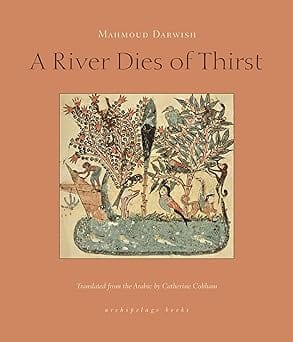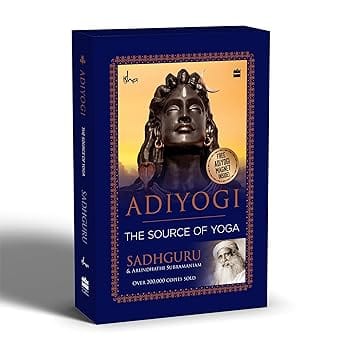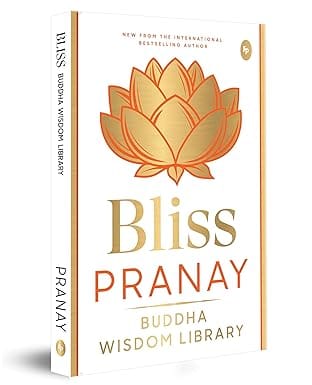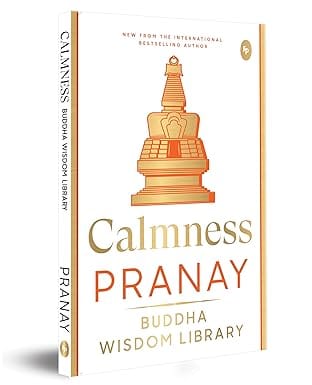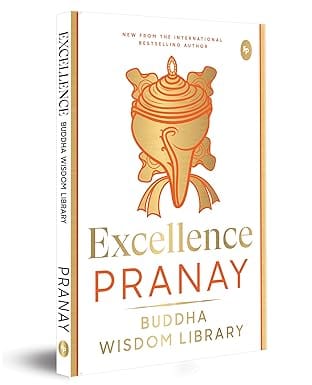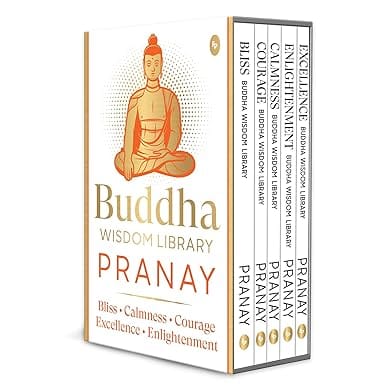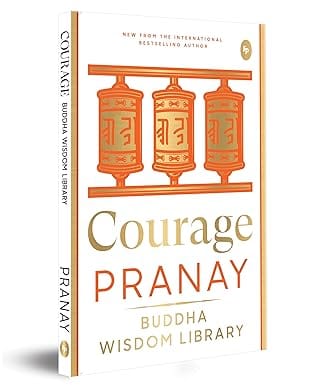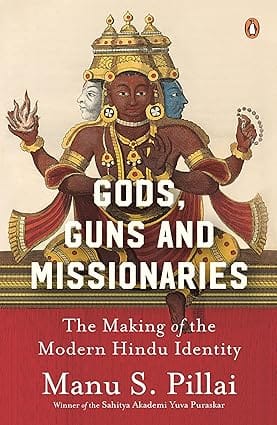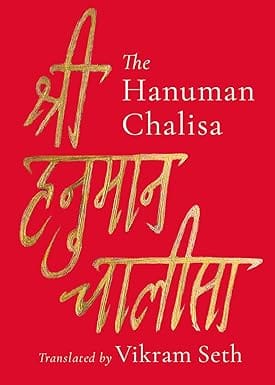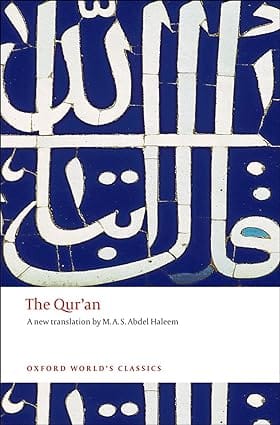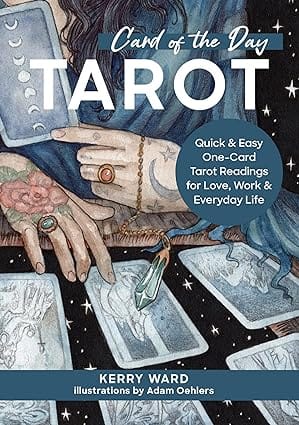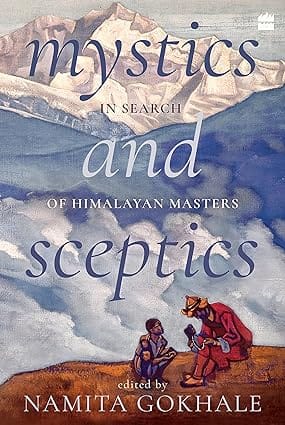WELCOME TO MIDLAND BOOK SHOP!
SHOP FOR
- Contemporary Fiction
- Contemporary Fiction
- Children
- Children
- Comics & Graphic Novels
- Comics & Graphic Novels
- Non-Fiction
- Non-Fiction
- Fiction
- Fiction
Shop No.20, Aurobindo Palace Market, Hauz Khas, Near Church +91 9818282497 | 011 26867121 110016 New Delhi IN
Midland The Book Shop ™
Shop No.20, Aurobindo Palace Market, Hauz Khas, Near Church +91 9818282497 | 011 26867121 New Delhi, IN
+919871604786 https://www.midlandbookshop.com/s/607fe93d7eafcac1f2c73ea4/677cda367903fd013d69b606/without-tag-line-480x480.png" [email protected]9780981955711 67b9c565c76151003e458291 A River Dies Of Thirst Journals https://www.midlandbookshop.com/s/607fe93d7eafcac1f2c73ea4/67b9c567c76151003e458299/81recv0l4-l-_sy342_.jpg 9780981955711
This remarkable collection of poems, meditations, fragments, and journal entries was Mahmoud Darwish’s last volume to come out in Arabic. This River is at once lyrical and philosophical, questioning and wise, full of irony, resistance, and play. Darwish’s musings on unrest and loss dwell on love and humanity; myth and dream are inseparable from truth. Throughout this personal collection, Darwish returns frequently to his ongoing and often lighthearted conversation with death. A River Dies of Thirst is a collection of quiet revelations, embracing poetry, life, death, love, and the human condition.
Review
Darwish is the premier poetic voice of the Palestinian people . . . lyrical, imagistic, plaintive, haunting, always passionate, and elegant – and never anything less than free – what he would dream for all his people. —Naomi Shihab Nye
Mahmoud Darwish is one of the greatest poets of our time. In his poetry Palestine becomes the map of the human soul. —Elias Khoury
There are two maps of Palestine that politicians will never manage to forfeit: the one kept in the memories of Palestinian refugees, andthat which is drawn by Darwish’s poetry. —Anton Shammas
I want to find a language that transforms language itself into steel for the spirit – a language to use against these sparkling silver insects, these jets. I want to sing. I want a language . . . that asks me to bear witness and that I can ask to bear witness, to what power there is in us to overcome this cosmic isolation. —Mahmoud Darwish
Many people in the Arab world feel their language is in crisis. And it is no exaggeration to say that Mahmoud is considered a savior of the Arab language. —Syrian poetry critic Subhi Hadidi, cited by Adam Schatz, The New York Times
Darwish left behind an entire continent of poems whispering and singing inside Arabic and calling on us to reacquaint ourselves with its topography. —Sinan Antoon
Mahmoud Darwish is one of the greatest poets of our time. In his poetry Palestine becomes the map of the human soul. —Elias Khoury
There are two maps of Palestine that politicians will never manage to forfeit: the one kept in the memories of Palestinian refugees, andthat which is drawn by Darwish’s poetry. —Anton Shammas
I want to find a language that transforms language itself into steel for the spirit – a language to use against these sparkling silver insects, these jets. I want to sing. I want a language . . . that asks me to bear witness and that I can ask to bear witness, to what power there is in us to overcome this cosmic isolation. —Mahmoud Darwish
Many people in the Arab world feel their language is in crisis. And it is no exaggeration to say that Mahmoud is considered a savior of the Arab language. —Syrian poetry critic Subhi Hadidi, cited by Adam Schatz, The New York Times
Darwish left behind an entire continent of poems whispering and singing inside Arabic and calling on us to reacquaint ourselves with its topography. —Sinan Antoon
About the Author
Mahmoud Darwish (1941–2008) was born in the village of al-Birwa, in the Galilee, Palestine. He became a refugee at age seven. He worked as a journalist and editor in Haifa and left to study in Moscow in 1970. His exilic journey took him to Cairo, Bei
in stockINR 1240
1 1
Email ID already exists!
Your Current password is incorrect
Password Updated Successfully
Thanks for your Feedback
- Home
- Non-Fiction
- Religion & Spirituality
- A River Dies Of Thirst Journals
A River Dies Of Thirst Journals
ISBN: 9780981955711
₹1,240
₹1,550 (20% OFF)SIZE GUIDE
Sold By: Hauz Khas - Aurobindo Market
Details
- ISBN: 9780981955711
- Author: Mahmoud Darwish Sinan Antoon
- Publisher: Archipelago
- Pages: 153
- Format: Paperback
Book Description
This remarkable collection of poems, meditations, fragments, and journal entries was Mahmoud Darwish’s last volume to come out in Arabic. This River is at once lyrical and philosophical, questioning and wise, full of irony, resistance, and play. Darwish’s musings on unrest and loss dwell on love and humanity; myth and dream are inseparable from truth. Throughout this personal collection, Darwish returns frequently to his ongoing and often lighthearted conversation with death. A River Dies of Thirst is a collection of quiet revelations, embracing poetry, life, death, love, and the human condition.
Review
Darwish is the premier poetic voice of the Palestinian people . . . lyrical, imagistic, plaintive, haunting, always passionate, and elegant – and never anything less than free – what he would dream for all his people. —Naomi Shihab Nye
Mahmoud Darwish is one of the greatest poets of our time. In his poetry Palestine becomes the map of the human soul. —Elias Khoury
There are two maps of Palestine that politicians will never manage to forfeit: the one kept in the memories of Palestinian refugees, andthat which is drawn by Darwish’s poetry. —Anton Shammas
I want to find a language that transforms language itself into steel for the spirit – a language to use against these sparkling silver insects, these jets. I want to sing. I want a language . . . that asks me to bear witness and that I can ask to bear witness, to what power there is in us to overcome this cosmic isolation. —Mahmoud Darwish
Many people in the Arab world feel their language is in crisis. And it is no exaggeration to say that Mahmoud is considered a savior of the Arab language. —Syrian poetry critic Subhi Hadidi, cited by Adam Schatz, The New York Times
Darwish left behind an entire continent of poems whispering and singing inside Arabic and calling on us to reacquaint ourselves with its topography. —Sinan Antoon
Mahmoud Darwish is one of the greatest poets of our time. In his poetry Palestine becomes the map of the human soul. —Elias Khoury
There are two maps of Palestine that politicians will never manage to forfeit: the one kept in the memories of Palestinian refugees, andthat which is drawn by Darwish’s poetry. —Anton Shammas
I want to find a language that transforms language itself into steel for the spirit – a language to use against these sparkling silver insects, these jets. I want to sing. I want a language . . . that asks me to bear witness and that I can ask to bear witness, to what power there is in us to overcome this cosmic isolation. —Mahmoud Darwish
Many people in the Arab world feel their language is in crisis. And it is no exaggeration to say that Mahmoud is considered a savior of the Arab language. —Syrian poetry critic Subhi Hadidi, cited by Adam Schatz, The New York Times
Darwish left behind an entire continent of poems whispering and singing inside Arabic and calling on us to reacquaint ourselves with its topography. —Sinan Antoon
About the Author
Mahmoud Darwish (1941–2008) was born in the village of al-Birwa, in the Galilee, Palestine. He became a refugee at age seven. He worked as a journalist and editor in Haifa and left to study in Moscow in 1970. His exilic journey took him to Cairo, Bei
User reviews
NEWSLETTER
Subscribe to get Email Updates!
Thanks for subscribing.
Your response has been recorded.

India's Iconic & Independent Book Store offering a vast selection of books across a variety of genres Since 1978.
"We Believe In The Power of Books" Our mission is to make books accessible to everyone, and to cultivate a culture of reading and learning. We strive to provide a wide range of books, from classic literature, sci-fi and fantasy, to graphic novels, biographies and self-help books, so that everyone can find something to read.
Whether you’re looking for your next great read, a gift for someone special, or just browsing, Midland is here to make your book-buying experience easy and enjoyable.
We are shipping pan India and across the world.
For Bulk Order / Corporate Gifting
 +91 9818282497 |
+91 9818282497 |  [email protected]
[email protected]
Click To Know More
INFORMATION
QUICK LINKS
ADDRESS
Midland Book Shop - Hauz Khas
Shop No.20, Aurobindo Palace Market, Near Church, New Delhi
Shop No.20, Aurobindo Palace Market, Near Church, New Delhi

